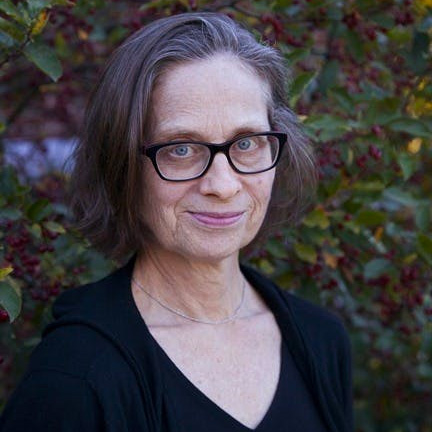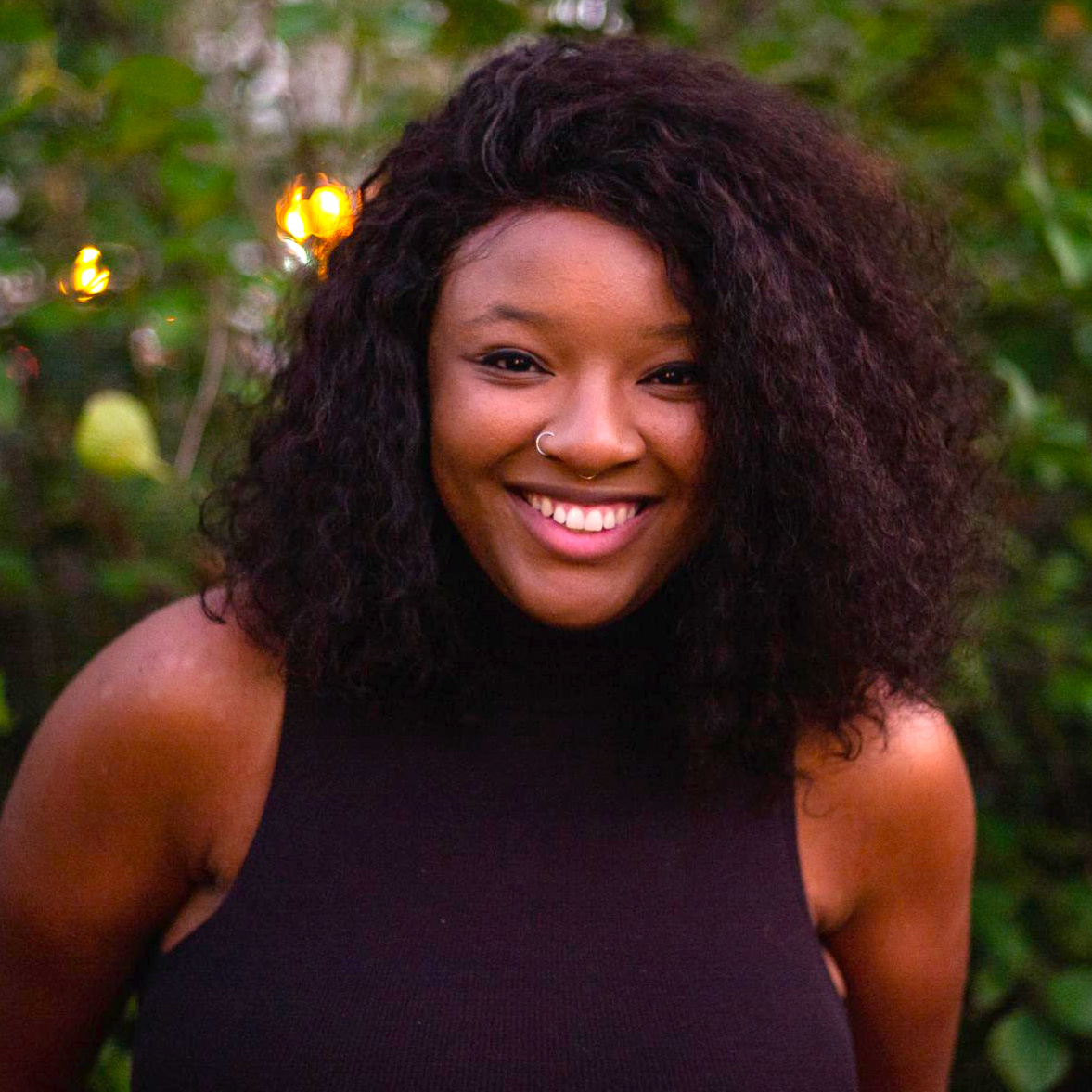
Amazon’s impact on the book industry is no secret to most readers. From taking business from independent bookshops—business they depend on, unlike Amazon—to limiting accessibility of audiobooks with Audible Exclusives, the company’s dominance threatens diversity of the publishing ecosystem. According to WordsRated, Amazon “controls between 50% and 80% of the book distribution in the United States”—including a 63.4% market share of audiobooks. And because of Amazon’s magnitude, many readers don’t realize that there are ways to fight against the giant—and that many authors already are.
“If you were to try, say, Libro.fm and discover what a fantastic experience it offered, and shift your habits from automatically buying on Audible to automatically buying on Libro, the company would lose its hold on you–and thus on us.”
Cory Doctorow
Before an audiobook is made, authors, publishers, and agents determine who is granted the audio rights to a book. For some authors, having an audiobook distributed through Audible is appealing; the platform is widely used, and they also promise higher royalties if the audiobook is exclusively distributed through Audible.
Yet, many authors are pushing back against Audible’s dominance over the audiobook industry. Not only does the company have an unreliable track record in terms of author compensation, but their Audible Exclusives make audiobooks less accessible to readers.
Disclaimer: We know that shopping via Amazon might be the most accessible and affordable option, and these days, supporting alternatives can be a matter of privilege. Our goal is to make these alternatives more transparent so that readers can make decisions that work best for them.
So how are authors fighting back?
Brandon Sanderson
When Brandon Sanderson launched his Secret Project books, he made the decision to not sell them on Audible. “One of the big reasons I did this Kickstarter like I did is because I worry about Audible’s dominance in the market,” he noted in his State of the Sanderson 2022 post.
Cory Doctorow
Since Audible refuses to carry Doctorow’s audiobooks free from Digital Rights Management (DRM)—meaning Audible users don’t actually own the audiobooks they pay for—he refuses to sell his audiobooks on the platform. “Convincing a critical mass of writers to push back against Amazon’s abuses won’t be easy,” he says, “but writers do understand the risk of being at the mercy of a company with a well-deserved reputation for bullying its suppliers and wringing every last cent out of them.”
Lydia Davis
When Lydia Davis decided she didn’t want her next book, Our Strangers, to be sold on Amazon, at first there didn’t seem to be an easy answer. Yet, with the help of Bookshop.org’s founder and former indie publisher, Andy Hunter, the duo figured out a way to sell it only through independent bookshops. “We all have to have a stake in our community and an investment in our community,” Davis says, “and I don’t feel that Amazon has a stake in anything except its own profit.”

Leah Johnson
Like many other authors, Leah Johnson believes that supporting indie bookshops is a way to invest in the community—so much so that she opened her own bookshop. Launched in 2023, Loudmouth Books focuses on banned books, particularly those by BIPOC and LGBTQIA+ authors. “This is one of those things that indie booksellers talk about all the time: how we can do in a bookstore what no algorithm can do. If you’re not in this business because you love books and you love people, you’re in it because you want to go to space on vanity missions, then of course you don’t care if the price of books is so low that nobody else can match it. So eventually, every other bookseller in the world is going to close, and then the only option is to buy books from you all, so you all get to decide what is worthwhile and what’s not,” she says.

What can book lovers do?
In that same interview for Esquire, Johnson notes: “Every time I talk about the importance of indie bookstores, I try to acknowledge that there are avenues outside of the behemoth that shall not be named. And we just have to be ready to pursue those, or we have to be ready to explore those options.”
Authors, booksellers, readers, and general book lovers are not just exploring audiobook alternatives to Amazon-owned Audible, but taking chances to ensure others can also move away from supporting the corporation. How can book lovers join the movement?
Are you an author?
Link to your audiobook(s) on Libro.fm! We share all profits with independent bookshops. Learn more.
Support authors that are moving away from Audible.
Purchase their books, pre-order their latest releases, support kickstarter campaigns, check them out from your library…Not only does this show our support for these authors, but for their decision to not sell on Amazon.
Share your thoughts.
If you find an Audible Exclusive that you want to read through Libro.fm, you can send a letter to the author and/or publisher.
It’s not just Audible; move away from all Amazon-owned companies!
You can grab audiobooks through Libro.fm, physical books directly through your local indie or Bookshop.org, and track your reading with The StoryGraph.
Learn more.
Check out author and bookshop owner Danny Caine’s How to Resist Amazon and Why and How to Protect Bookstores and Why. (You can also hear more from Danny on the Libro.fm Podcast!)

